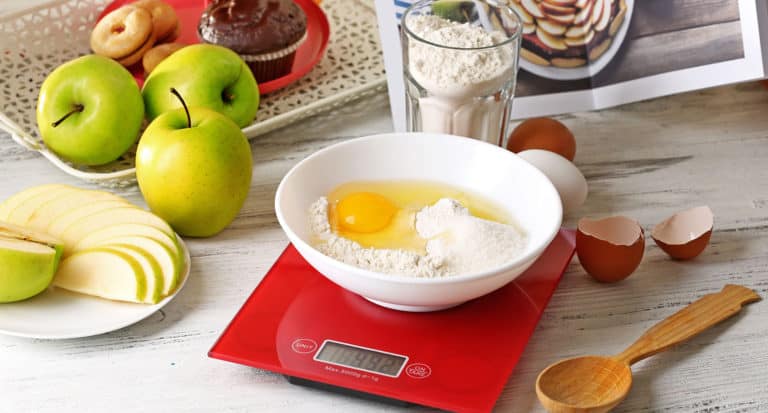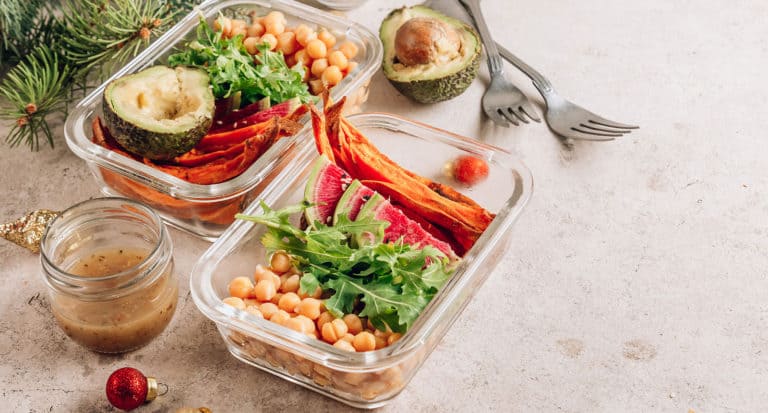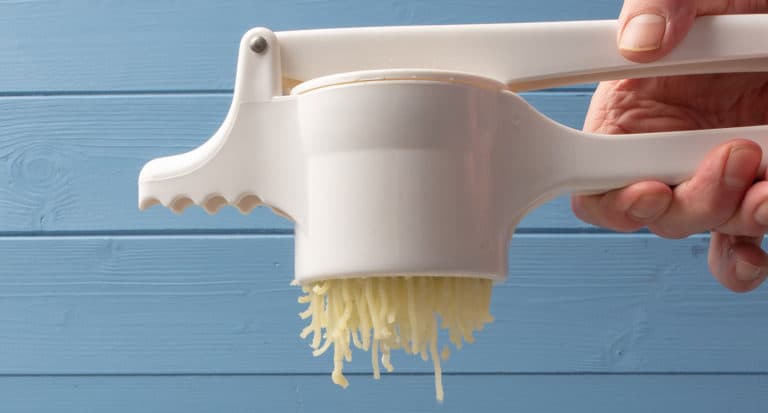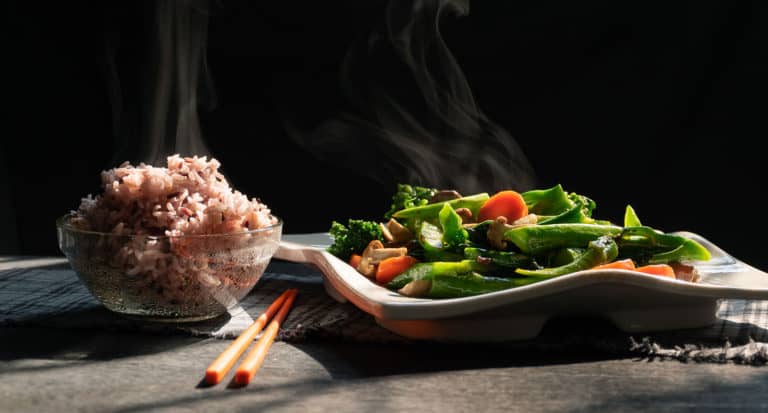5 Tips for Air Fryer Healthy Cooking Alternatives
When you buy through our links, The Breslin may earn an affiliate commission. Learn more
Cooking with an air fryer is a fun, easy alternative to preparing fried foods on the stove or in a deep fat fryer. With an air fryer, you can enjoy all the flavor of a fried meal without as much as of the unhealthy ingredients. But how can you incorporate air fryer healthy cooking alternatives into your daily meal preparation? Read on to learn the top 5 tips for healthy air fryer cooking. When you start making use of these tips in your meals, snacks, and sides, you’ll soon find yourself enjoying all the benefits of healthier eating almost right away!

Use a Different Oil
Most of the time, when you reach for something to fry your food in, you’re likely to grab the olive oil. This is a great place to get started with air frying, but if you want to cut back on calories and fats, choose a different type of oil instead. Coconut oil is a great option that can actually add a ton of health benefits to your food. Make it a part of your regular diet to enjoy better skin, hair, and digestion, as well as easier weight loss.
Choose Healthier Ingredients
It might go without saying, but choosing healthier ingredients can make a big difference in your air frying. Instead of regular fries, for example, try sweet potato fries to get some vitamins and other health benefits in your food. Air fry vegetable crisps instead of potato chips, and choose chicken without breading or pieces of fish or shellfish for your protein source. You can even air fry tofu! When you combine a healthy oil like coconut oil with a low-fat protein like salmon, for example, you can have a delicious dinner with a lot to offer you when it comes to your health.
Go Oil-Free
Some air fryers allow you to go completely oil-free in order to fry your food. Read through the manual that came with your fryer to be sure yours is one of these. If you have the option, see what air frying without any oil tastes like. It provides you with a unique texture you can’t get from oil-fried foods, and it allows you to get all the flavor of your dish without any unwanted greasy tastes along with it.
Choose a Smaller Fryer
It might seem like more trouble than it’s worth to buy a smaller air fryer, but if you won’t be cooking for a huge family, you can cut back on your portion sizes by choosing a smaller air fryer to begin with. Having a smaller fryer means you won’t feel obligated to prepare as much food, and in turn, you won’t feel like you have to eat as much either. It’s a great way to watch how much you eat on a regular basis, especially if you usually find yourself struggling to cut back.
Cut Back on Salt
You don’t have to season your food with a ton of salt to make it taste great. If you cut back on the amount of salt you use in your meals, you’ll see a huge difference in your overall health almost right away. Salt causes you to retain water, which in turn makes you gain weight faster and makes it harder for you to metabolize what you eat. Replace salt with other flavorful seasonings and you won’t even miss it when you air fry your food.
Conclusion
Are you ready to get started cooking? Use these tips to make your air fryer meals really pop with healthy flavor! The next time you head into the kitchen to put together a tasty dinner or a delicious snack, keep these hints in mind and you’ll have a healthier meal waiting for you in no time. Your body will thank you for it!
Remember, too, that it’s easy to come across healthy air frying recipes if you take some time to look beyond the basics. You don’t necessarily have to coat everything in oil or bread crumbs when it comes to air frying! Don’t be afraid to get creative and try some new options.







Amanda Collins
Founder and Senior Culinary Editor
Expertise
Culinary Arts and Management, Food Journalism and Critique, Recipe Development and Testing, Global Culinary Traditions, Sustainable Food Practices
Education
Institute of Culinary Education (ICE), New York, NY
Program: Diploma in Culinary Arts
Focus: Intensive hands-on training in culinary techniques, recipe development, and kitchen management, preparing students for professional roles in the culinary industry.
Monroe College, New Rochelle, NY
Program: Associate in Applied Science in Culinary Arts
Focus: Practical culinary skills, including cooking techniques, menu planning, and kitchen operations, with an emphasis on hands-on experience and industry standards.
Amanda Collins is a seasoned chef and food editor with a deep love for global flavors. Trained at the Institute of Culinary Education and Monroe College, and with over 15 years in the culinary field, Amanda has refined her skills in kitchens worldwide. Her background in food studies gives her a unique ability to share both recipes and the cultural stories that shape them.
As senior culinary editor at thebreslin.com, Amanda’s work brings authentic dishes to life, inviting readers to explore new flavors and techniques from around the globe. Her approachable style makes it easy for anyone to bring a bit of the world’s cuisine into their kitchen.